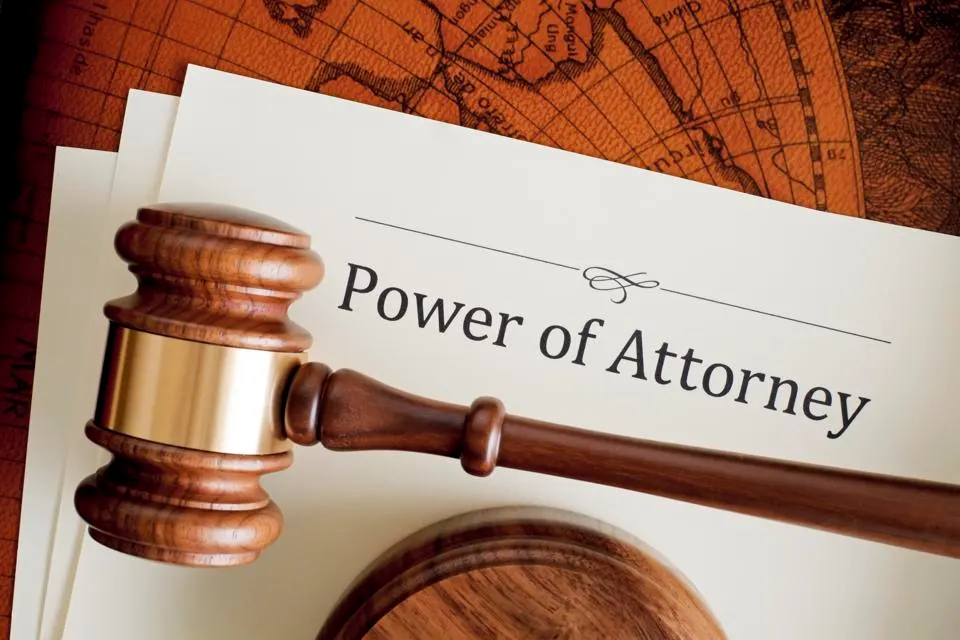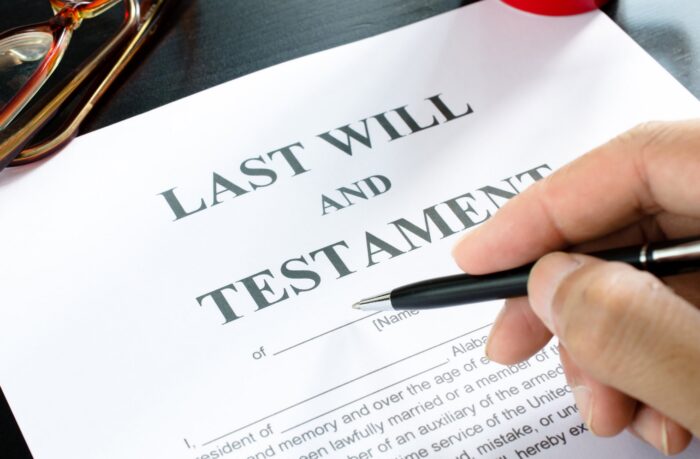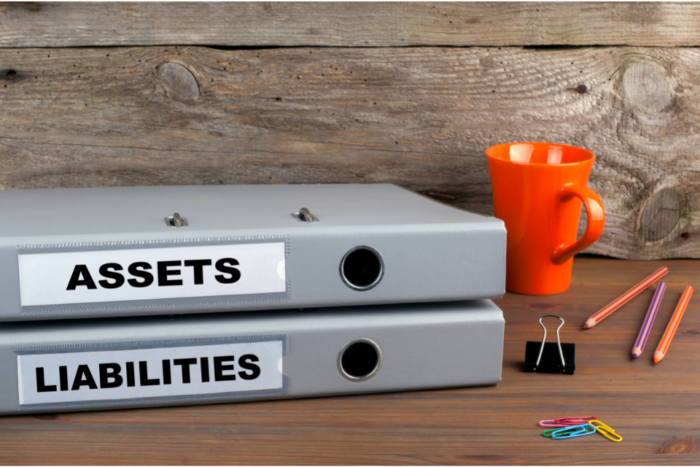
When someone dies without a will, a complex legal question arises: who has the authority to handle their affairs? This is particularly challenging when the deceased had assigned a power of attorney (POA), as many assume this authority continues after death. For executors, understanding the limits and cessation of POA and stepping into the role of managing the deceased’s estate is essential. This blog aims to clarify these concepts and offer practical advice for executors navigating this difficult situation, ensuring they fulfill their duties effectively and according to legal requirements.

What is Power of Attorney?
Power of attorney is a legal mechanism that allows an individual, known as the principal, to appoint another person, the agent, to make decisions on their behalf. This setup is particularly useful in cases where the principal becomes unable to manage their own affairs due to illness or incapacity. There are several types of POA, including general (covering all aspects), durable (remaining in effect even after the principal’s incapacity), and medical (specific to healthcare decisions). For executors, understanding the nature and scope of the deceased’s POA is critical, as it affects the decisions made before the principal’s death and clarifies the extent of the agent’s former authority.
Difference Between Power of Attorney and Will
It’s essential to distinguish between a power of attorney and a will, as they serve different legal purposes and have different implications upon the death of the individual. A will is a document that outlines how a person’s assets should be distributed after death. In contrast, a power of attorney is concerned with managing the individual’s affairs while they are alive, particularly if they become incapacitated. A key point for executors, such as Derfel Estate Law, is to understand that all forms of power of attorney become void upon the death of the individual. This means that the authority to make decisions or manage the deceased’s affairs does not transfer to the POA holder but rather shifts to the executor or administrator of the estate.

No Will, What Next?
The absence of a will leaves the deceased’s estate in a state called intestacy. This legal limbo requires the appointment of an executor or an administrator to manage and distribute the estate. The executor’s role becomes even more crucial in these circumstances as they must step in to make decisions that ideally would have been outlined in a will. This scenario often involves navigating through complex legal procedures, understanding the hierarchy of inheritance as prescribed by law, and making decisions that are in the best interest of the beneficiaries and the estate. Executors in such situations must act impartially, diligently, and within the legal framework to ensure the deceased’s estate is managed and distributed fairly and legally.
Who Becomes the Executor?
In cases where there’s no will, the court appoints an executor or an administrator. Typically, this is a close relative of the deceased, such as a spouse or an adult child. The court follows a legal hierarchy in appointing executors, prioritizing immediate family members. However, if no suitable family member is available or willing to take on this role, the court may appoint a professional executor, such as an attorney or a trust company. Understanding who is eligible and how the court decides on the executor is important for families navigating the loss of a loved one without a clear will.

Responsibilities of an Executor
The executor of an estate without a will has numerous responsibilities. These include identifying and securing the deceased’s assets, paying debts and taxes, and distributing the remaining assets according to the laws of intestacy. Executors must also manage any legal issues that arise, such as claims against the estate. It’s a role that requires diligence, organization, and often, a basic understanding of legal and financial matters. Given the complexity and the potential for personal liability, executors should be thorough in their understanding of these duties and may need to seek legal or financial advice.
Obtaining Legal Authority
To act as an executor, one must first obtain legal authority, typically through a process known as probate. This involves submitting the necessary documents to a probate court, which then officially appoints the executor. In cases where there’s no will, this process can be more complex, as the court must first determine the eligible person to serve as executor. It’s essential for the prospective executor to understand the probate process, as mistakes or delays can complicate the estate administration and lead to potential legal issues.

Gathering Assets and Liabilities
When an executor is appointed in a case where there’s no will, a primary responsibility is to gather the deceased’s assets and liabilities. This task involves identifying all property, bank accounts, investments, and personal belongings of value. Equally, it’s essential to compile a comprehensive list of debts and liabilities, including mortgages, loans, and credit card debts. The executor must be diligent in this process, as overlooking assets or debts can lead to legal complications. Tips for efficiency include securing the deceased’s financial documents, consulting with financial institutions, and possibly employing a professional appraiser. The executor should also safeguard the assets, preventing loss or damage, and prepare for their eventual distribution or use in settling debts.
Paying Debts and Taxes
Once the assets and liabilities are known, the executor’s next step is managing the payment of debts and taxes. This step must be handled with care to ensure compliance with legal obligations. Executors must prioritize debts according to law, often paying funeral costs and final medical expenses first. Taxes are a critical component, with both the deceased’s final personal taxes and potential estate taxes needing attention. Mishandling this can lead to personal liability for the executor, so seeking advice from a tax professional is advisable. The executor must also be transparent, providing regular updates to beneficiaries about the estate’s financial situation and the debts being paid.

Distributing Assets
After settling debts and taxes, the executor must distribute the remaining assets. Without a will, state laws dictate the distribution process, typically favoring close relatives like spouses and children. The executor’s role is to ensure a fair and lawful division of assets, which may involve selling properties or dividing valuables among beneficiaries. This process can be complex, especially with larger estates or when assets are difficult to divide. Executors should maintain detailed records of all transactions and distributions to avoid disputes. In some cases, it may be beneficial to work with a lawyer or mediator to ensure all actions are legally sound and in line with state laws.
Dealing with Disputes
Disputes among beneficiaries are not uncommon, especially in the absence of a will. As an executor, it’s vital to approach such conflicts with patience and neutrality. The goal should be to resolve disputes amicably, maintaining open communication and transparency with all parties involved. Executors should document all decisions and actions taken, as this can provide clarity and justification if disputes escalate. In some cases, professional mediation may be necessary to find a resolution. It’s important for executors to understand that their role is to execute the estate’s distribution as fairly as possible, not to take sides in familial disputes.

Conclusion and Key Takeaways
In conclusion, being an executor for an estate without a will is a challenging but manageable task. Understanding the cessation of power of attorney after death, gathering and managing assets and liabilities, paying debts and taxes, distributing assets according to state laws, and dealing with potential disputes are key responsibilities.






